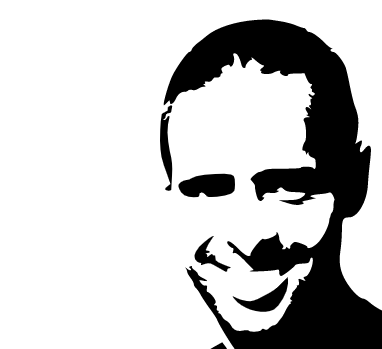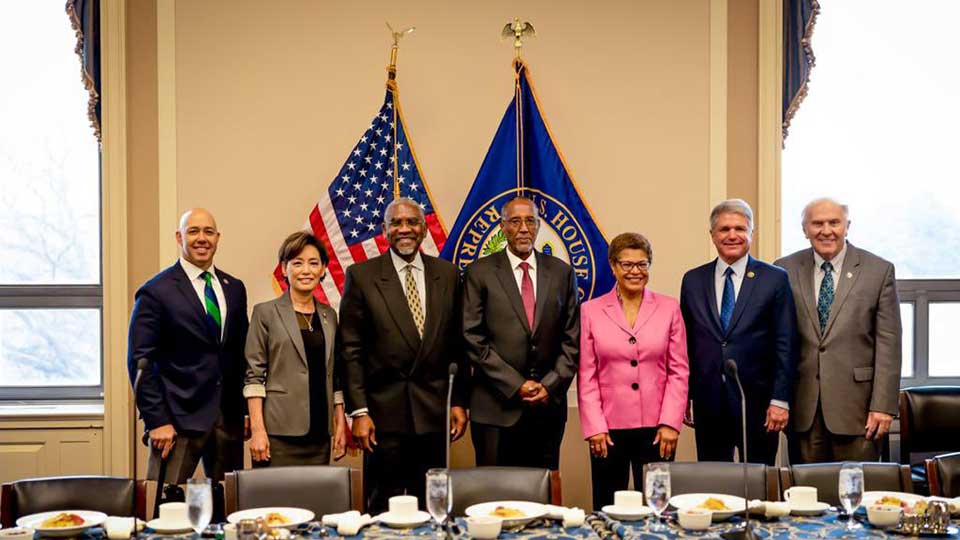The probability that Somaliland's government will be the primary driver of recognition is effectively zero. This isn't a radical position, it's an observation based on historical precedent and current facts.
The Government-Centric Fallacy
For decades, Somaliland's recognition strategy has suffered from a basic mistake: that diplomatic recognition flows primarily from government-to-government relations. This government-focused approach has created a never-ending cycle of disappointment, where each new administration starts from zero, ignoring the lessons and failures of those who came before.
The result is predictable: we repeat the same five-year cycles forever. New leaders make the same hopeful promises, pursue the same failed strategies, and deliver the same empty results. Meanwhile, our enemies grow stronger and our chances get worse.
This pattern represents more than just policy failure, it reflects a basic misunderstanding of how recognition actually works in today's international system.
Historical Precedent: Diaspora as the Driving Force
Consider the detailed historical record. In most successful recognition cases, diaspora communities provided the essential groundwork that made governmental success possible.
The Jewish diaspora's role in Israel's establishment is instructive. While Israel received immediate recognition after its 1948 declaration, this success built on decades of diaspora-led Zionist organizing across Europe and America. Diaspora communities established the political networks, fundraising mechanisms, and international support that made governmental action effective when the moment arrived.
The Irish-American diaspora played a crucial role in Ireland's independence, providing funding, political pressure on the US government, and international legitimacy for the independence cause. Without this diaspora foundation, domestic resistance alone might not have achieved the same results.
More recently, the Baltic states' diaspora communities maintained international awareness of their occupied status throughout Soviet rule, creating the conditions for rapid recognition when independence became possible. Armenian diaspora advocacy has achieved remarkable success in genocide recognition across multiple countries, demonstrating diaspora effectiveness on sensitive political issues.
Remarkably, Somaliland itself provides perhaps the most successful example of diaspora-led liberation: the Somali National Movement (SNM) succeeded primarily through diaspora funding, organizing, and sustained support from Somaliland communities across the Gulf states and beyond.
The pattern is clear: diaspora communities create the international conditions that enable governmental recognition efforts to succeed.
The Diaspora Advantage: From Cheerleaders to Change Agents
Somaliland possesses what many aspiring states clearly lack: a large, sophisticated, and economically powerful diaspora. Unlike Somalia, whose international appeal rests on outdated ethnic nationalism and territorial expansion, concepts that don't work beyond local contexts, Somaliland's diaspora embodies civic nationalism at its best.
This distinction is clear. Civic nationalism, based on democratic values, freedom, and international cooperation, resonates everywhere, especially in Western democracies. It offers a compelling narrative that transcends cultural or ethnic boundaries and appeals to basic principles of self-determination and democratic governance.
The evidence of this appeal is already obvious. Over 40 political leaders from diverse nations have expressed strong support for Somaliland's cause. They see Somaliland not as a narrow ethnic project, but as a global example of successful state-building, democratic transition, and peaceful governance.
Meanwhile, Somalia's international supporters remain limited to a few academic defenders and institutional bureaucrats committed to hopeless state-building experiments.
Redefining the Government's Role
This clear understanding demands putting diaspora efforts front and center while repositioning the Somaliland government as a supporting actor in our recognition strategy. Both are necessary, but the diaspora must lead because it possesses advantages the government cannot replicate.
The government can either help or hurt recognition efforts, but it cannot deliver recognition without significant diaspora groundwork. Recent developments like the Ethiopia MOU and potential US recognition under Trump demonstrate government importance, but these opportunities emerged partly because of the existing understanding that diaspora advocacy helped create.
Rather than the traditional model where diaspora communities serve as cheerleaders for government initiatives, we need diaspora communities driving strategy while governments provide diplomatic implementation when opportunities arise.
The Creative Imperative: Beyond Budget Constraints
Traditional government-led recognition strategies operate within limiting financial constraints. Somaliland's annual budget of approximately $420 million restricts diplomatic outreach, international engagement, and strategic initiatives. But diaspora-led recognition efforts face no such money limitations.
Creative thinking, strategic innovation, and grassroots mobilisation require much less money than traditional diplomatic missions while potentially delivering much greater impact. The digital age has democratised international advocacy, making sophisticated campaigns accessible to motivated communities regardless of formal government support.
This approach requires moving beyond passive consumption of government policies toward active creation of recognition opportunities. Instead of merely criticising diplomatic failures, we must build alternative pathways to international recognition.
Structural Innovation: Learning from Success
Recent developments prove the potential for breakthrough moments, the Ethiopia MOU represents the first formal recognition plan with a UN member state, while increased US recognition prospects under the Trump administration offer unprecedented opportunities. However, these developments also highlight why diaspora leadership remains essential.
The SNM movement succeeded precisely because its members focused on liberation rather than post-liberation political arrangements. They understood that the immediate goal, freedom from oppression, required selfless commitment to a cause larger than individual political ambitions.
Today's recognition movement requires similar clarity of purpose, but with diaspora communities taking the lead role that domestic resistance played in the liberation era. The current political opportunities exist partly because decades of informal diaspora advocacy created international awareness and sympathy for Somaliland's cause.
Whether current or future Somaliland governments capitalize on diaspora-created opportunities should be irrelevant to those committed to long-term success. The question is not who will govern a recognised Somaliland, but whether our children will inherit a recognised state at all.
The Path Forward: From Opposition to Independence
This paradigm shift requires abandoning the false choice between government support and government opposition. Both positions accept the premise that governmental action determines recognition outcomes, a premise that evidence contradicts.
Instead, we must build independent structures capable of advancing Somaliland's recognition regardless of governmental competence or cooperation. These structures should operate with the same strategic clarity and long-term vision that characterised successful liberation movements.
The goal is not to replace governmental diplomacy but to supplement it with more effective alternatives. When governments fail, as they inevitably will, diaspora-led initiatives can maintain momentum and preserve opportunities for future success.
Conclusion: The Recognition Reality
The current opportunities exist partly because decades of informal diaspora advocacy created the international awareness that makes today's recognition prospects possible. But capitalizing on these opportunities requires diaspora communities to move from passive support to active leadership.
The choice is clear: let current opportunities slip away by relying primarily on government action, or seize this moment by putting diaspora-led recognition efforts at the forefront.
In other words, our children's future depends on whether we choose to lead or follow.

